5 Reasons Why Petrol Prices Should Be Higher
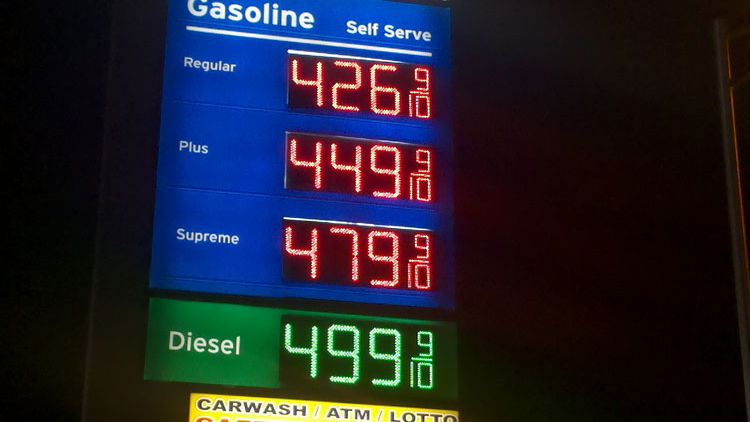
I take full responsibility for the bucketloads of hate I’m going to get over this article, especially since I’m writing this from the United States where petrol prices are currently averaging about $1.60 per gallon. If that’s not enough to hate me, know that I just did a 3000-mile road trip in a 255bhp Infiniti I35 and spent only about $170 in gas. For the record, yes that made me very happy.
That said, I had lots of time to think on that trip, and it brought me to a surprising conclusion. Lower petrol prices certainly help people in the short-term, but what about long-term? Obviously there’s the immediate benefit of having more cash in our pockets to spend, and lower transportation costs should mean lower prices for the goods we buy.
But I’ve yet to see those lower prices in stores, nor have I seen much of a change in airline fares. And as for that extra cash we save directly from lower pump prices, it somehow seems to get spent on trivial things anyway. So that begs the question - are we really better off with lower petrol prices? Short-term can be better if we’re smart with how we use the extra cash, but long-term we’re going to be worse off in many ways.
1. Oil is a finite resource
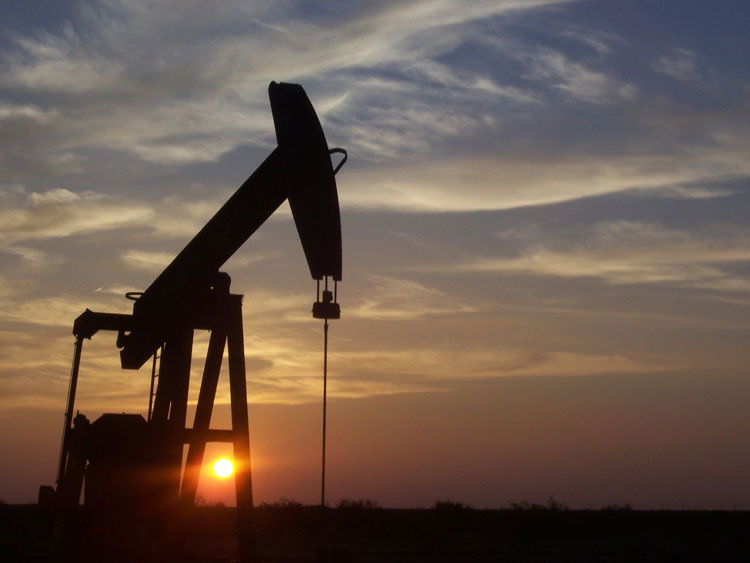
Like it or not, some day there isn’t going to be any more oil. Whether that’s in 20 years or 200 years, the fact remains that oil will eventually be used up, and without oil there’s no petrol. Higher prices now will at least encourage more frugality, extending the supply while science figures out a way to ween us off this stuff.
2. Fewer cars on the road

Higher petrol prices mean people drive less, carpool more, and that leads to fewer cars on the road. Now you can take this a couple different ways, the obvious being that fewer cars on the road creates less greenhouse gas emissions, letting us all breathe better while also saving the planet.
Given that this is a car site filled with people who love to spew emissions (myself included) let me paint this another way. Fewer cars on the road means less traffic, less traffic means fewer traffic jams and reduced congestion, and all of that means you can go faster and farther without all the road rage.
3. Leads to better engines
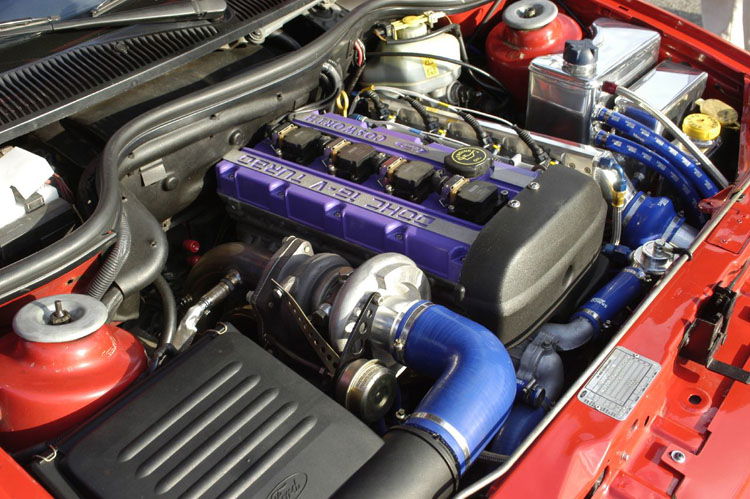
You know the awesome high-revving, small-displacement engines everyone loves? The first oil crisis back in the 1970s was a major catalyst in moving them forward. That’s not to say they didn’t exist prior, but the threat of limited oil supplies served to seriously kick start manufacturers into finding more efficient ways to make power. And yes, that also means you can thank high petrol prices for the widespread use of turbochargers we enjoy today.
4. Drives the demand for alternative / better fuel sources
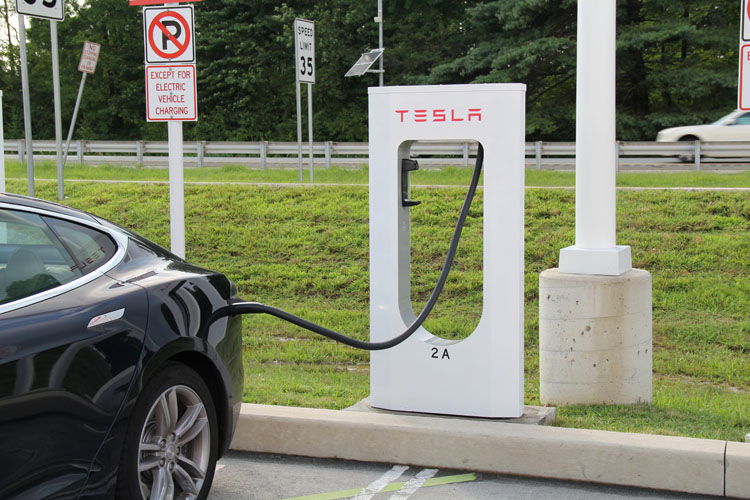
As a fuel source for engines, petrol is terrible. The best gasoline engines generally have an efficiency rating of around 30 per cent. That means only 30 per cent of the total energy contained in the fuel is actually being used to generate useful power; the remaining 70 per cent is going to waste. As long as petrol is convenient and cheap, there won’t be much motivation to develop alternative fuel sources.
Meanwhile, electric motors operate at 90 per cent efficiency while producing more usable power in a much simpler design. If petrol prices get terrifically expensive, you can bet we’ll start seeing some rapid developments in electric power. That’s definitely not a bad thing for those of us who like to go fast.
5. Forces people to live smarter and leaner
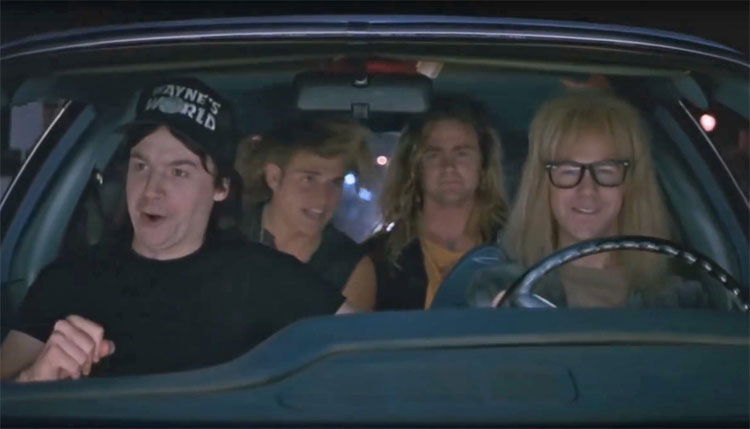
When petrol prices are high, people must adjust their entire lifestyle to compensate. I know it’s blasphemy to make such claims on a site devouted to the art of driving, but living a leaner lifestyle with constraints and budgets is a good thing - especially in the automotive world. In fact, such measures often lead to a better quality of life because the excess is stripped away, leaving people to focus on the things that really matter.
I’m getting way too philosophical here, so let me just try to sum it up like this: The original Star Wars movie was awesome because George Lucas had limited budgets and resources to work with. When those constraints disappeared with The Phantom Menace, the film was crap because Lucas lost sight of what mattered. Translated to cars, that means we drive a little less but enjoy our time behind the wheel even more. It means we don’t chuck our limited funds at massive stereo systems, but invest in upgraded suspension components or engine tweaks. This leaner-is-better concept is something I believe most people understand, but don’t necessarily want to accept as something that can make life - even car life - better.
That’s why I’m just fine with petrol prices going bonkers. It hurts in the short-term, but we’ll all be better off in the long run.
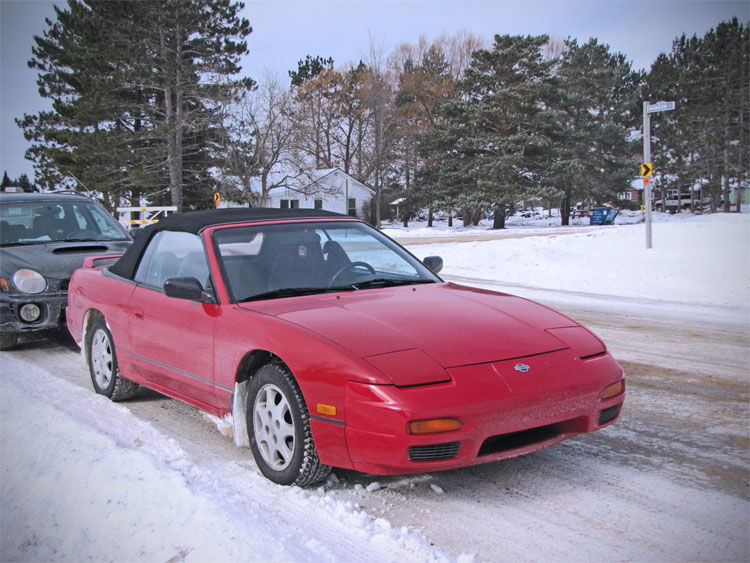
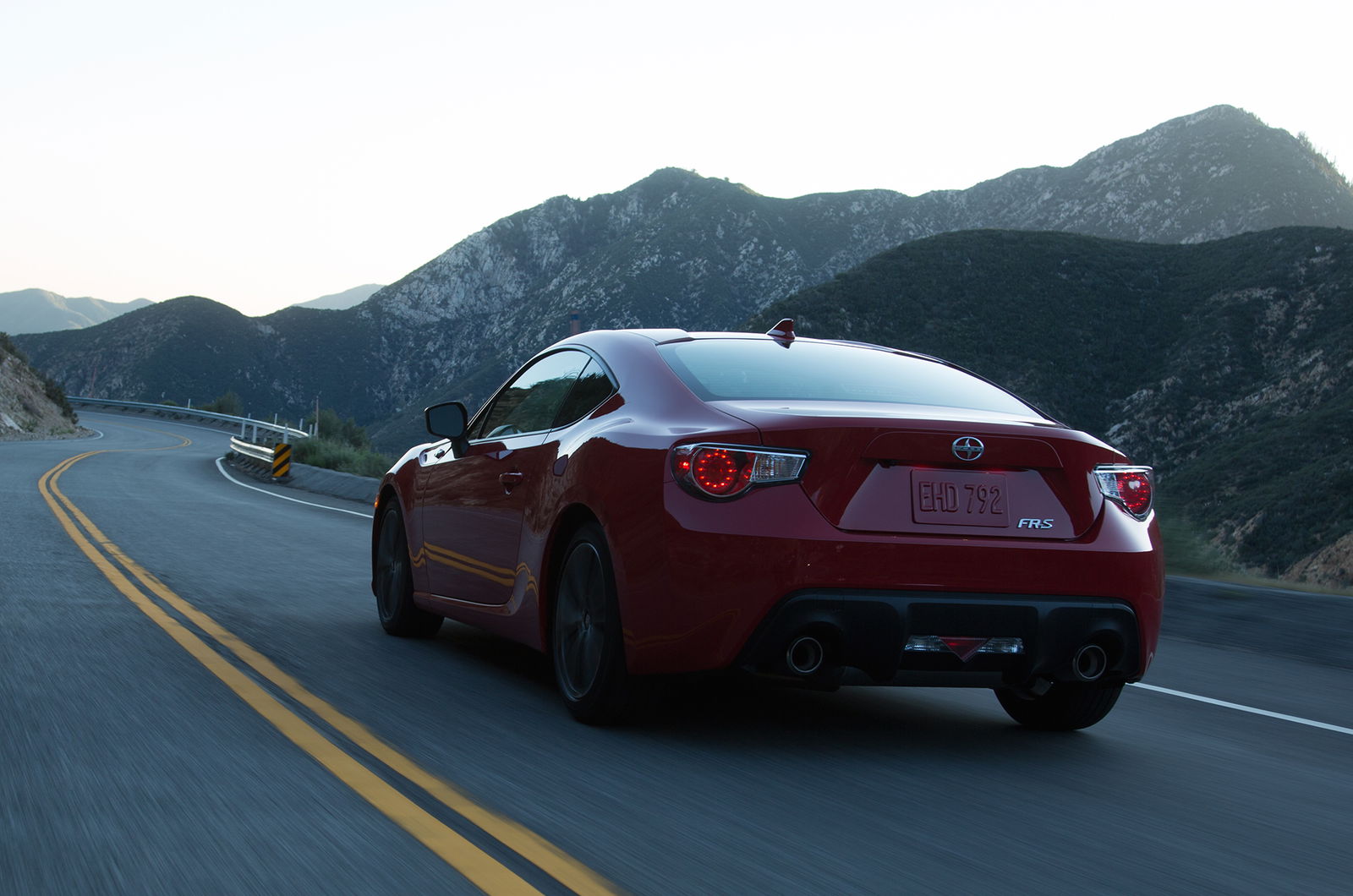
Comments
I drive a V8, so how about no?
You could make normal prices in the american market if you wanted to but in Europe we already pay 3-4 times more for our petrol than americans do
we pay like $3.2 per litre in Pakistan. And that’s not for High Octane, its for the normal petrol.
If public transport costs went down as they can now spend less on fuel surely that encourages more people to use it rather than drive and it keeps all the people that drive happy and taxis should lower there rate
even though I drive a 1.5 Honda ecobox, I also want petrol to be cheap, so no, disagree
Your car is so economical
I still do not agree with you, but there is some point…
Come to Europe, you’ll stop whining about your “high” gas prizes. A 3000 mile road trip would cost me about 500 liters. Thats 700 euro’s by todays Dutch gas prizes. Thats almost 800 dollars. I dont think you realise how lucky you are with your fuelcosts.
6.Less road accidents. I read some statistics before that gas prices directly i fluence the frequency of accidents. Probably due to more or lesser cars on the road.
Visit Romania for a change … 0.26 gallon (1 Liter) costs roughly $1.24 , which equals ~$5/gallon. Also the average wage is $400 - $500, but more than half the country still gets paid less. Your article is full of … first world naivete to say the least. Please do not write any articles for CT. Or any other blog. Ever.
Pagination